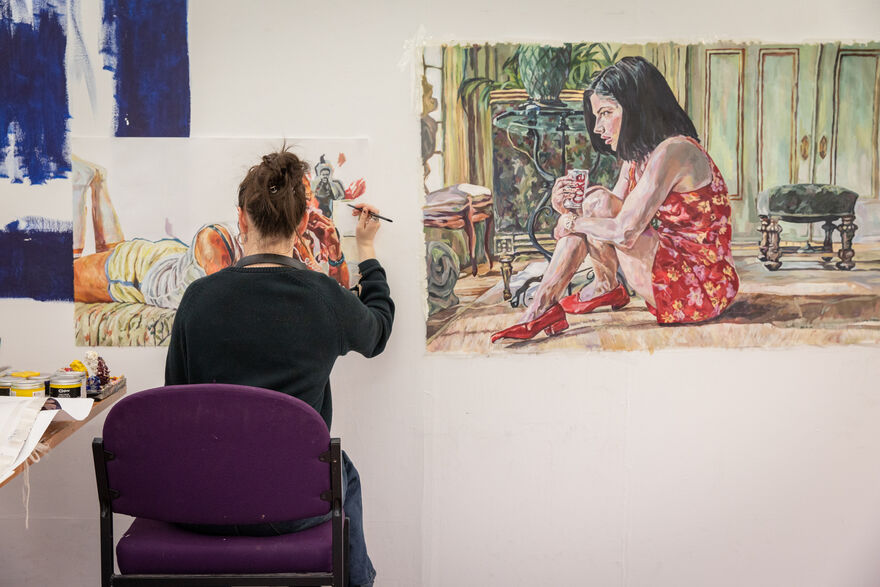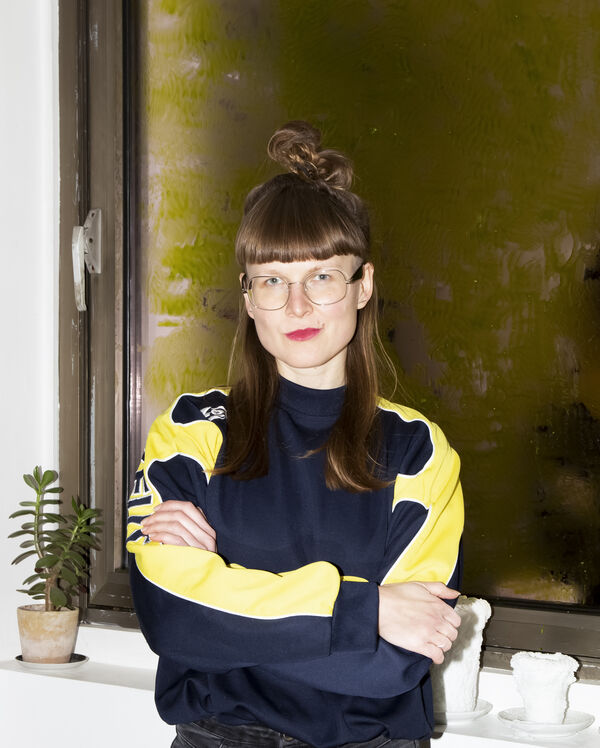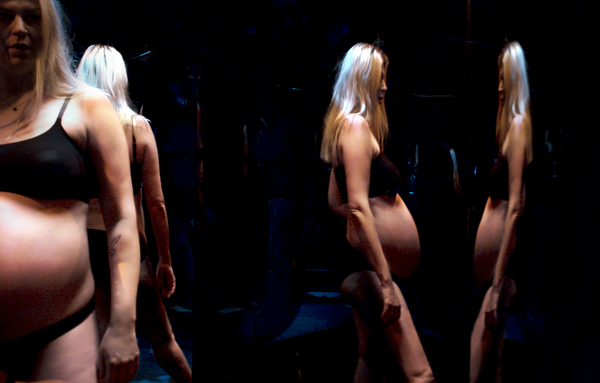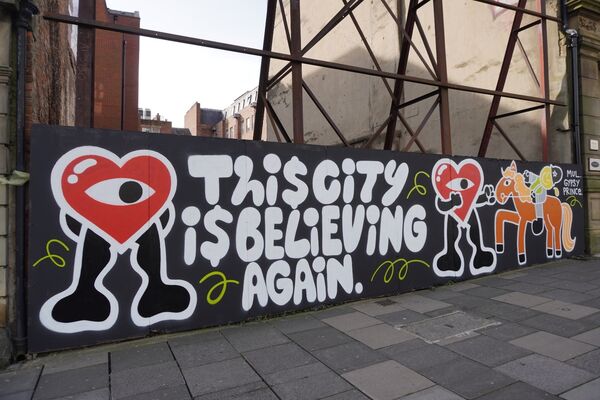Creativity is key
2 May 2022
A new partnership deal between Baltic Centre for Contemporary Art and Northumbria University has been described by both parties as a boost for the whole region.
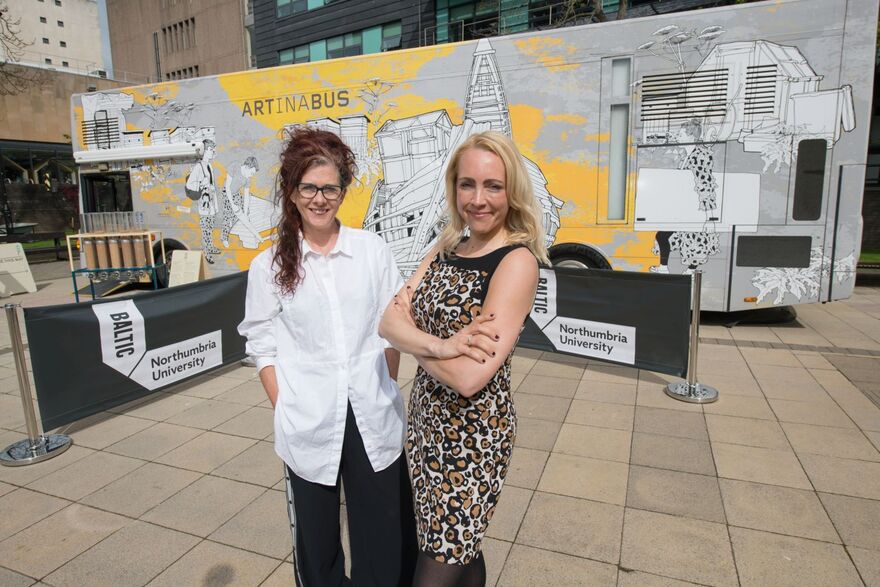
Although a river divides the institutions, they have worked closely for a decade, forging a relationship regarded as a model of best practice in higher education and the cultural sector.
At the heart of it lies the Baltic x Northumbria University Institute which brings academics and visual arts professionals together.
Established as a base for world class teaching and mentorship in contemporary art practice and research, it also hosts public events and discussions.
Already, according to the university, the Institute has evolved to embrace more diverse and creative forms of collaboration.
Now, given new focus and purpose, it will help staff, students and stakeholders to “address the key challenges of our time, from shaping public spaces and post-Covid recovery to economic levelling up and environmental change.
The Institute will develop new academic offers aimed at undergraduate and postgraduate students.
Baltic will host an annual graduate exhibition, putting the work of the Institute’s students alongside that of established artists.
Both partners have committed to show the value of contemporary art and critical discourse in addressing problems faced by society and will share findings through a new series of public lectures.
The first annual series of six lectures will explore ideas around sanctuary, sustainability and neurodiversity.
Details of the enhanced partnership were announced on the Northumbria University campus where the Travelling Gallery, touring the region with a Baltic exhibition, was parked.
Prof Katy Shaw, director of cultural partnerships at Northumbria University, said: “This three-year partnership agreement marks a complete pivot in our activities together.
“It has always been a strong model and one the rest of the sector looks to as an example of how cultural institutions can work with universities.
We have taken the best elements of the partnership and looked at how we can drive it forward in a post-Covid context for our students and for culture and the arts as well.
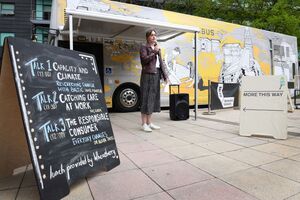
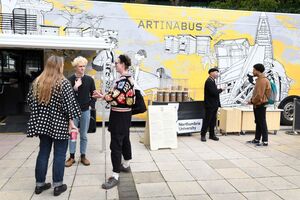
“We’re going to be co-designing new teaching and learning programmes, research projects and public engagement activities.
“In terms of scale, this is a really important evolution of our ambitions.”
Prof Shaw said the pandemic had spurred both institutions to look at how they might work together more creatively.
“The Government’s Culture Recovery Fund did important work, but the last two years have affected everybody and seen many in the cultural sector brought to their knees.
“We needed to work closely with our cultural partners so we could bring each other through the pandemic.”
She added: “I think it’s worth reminding ourselves that before Covid the creative industries were the fifth biggest sector in the economy.
“Our Vice Chancellor came out only a few weeks ago and spoke about the importance of culture to the levelling up agenda.
“Traditionally in the North East we’ve had an issue with talent pipelines due to a disparity in where creative institutions are based.
The intention with this partnership is that it’s going to help with training and retaining talent and providing young people with the flexible skillsets they need.
Baltic director Sarah Munro said the new deal tied in with her institution’s close examination of its civic responsibilities.
There’s this really interesting space we’ve created, with Baltic being on the front line of the doing and Northumbria being at the forefront of the thinking.
“Coming out of the pandemic, things are shifting and while the student experience has always been important to us, we’ve also been thinking about what happens before young people get to university.
“What skills are available in the region and how might that affect their employment prospects after university?”
She said with the new relationship Northumbria students would gain practical experience through working with Baltic curators.
“But this isn’t just a fine art partnership.
“We’re having conversations about how we can help to develop creative skills and knowledge in a wider context, taking in fashion, design, architecture and even business and law.
“We’re very keen to advocate for the importance of creativity because we know there are challenges with how it’s being taught in schools.
Creativity is the thing everyone is looking for so we’re not just out to develop artists but creative thinkers.
